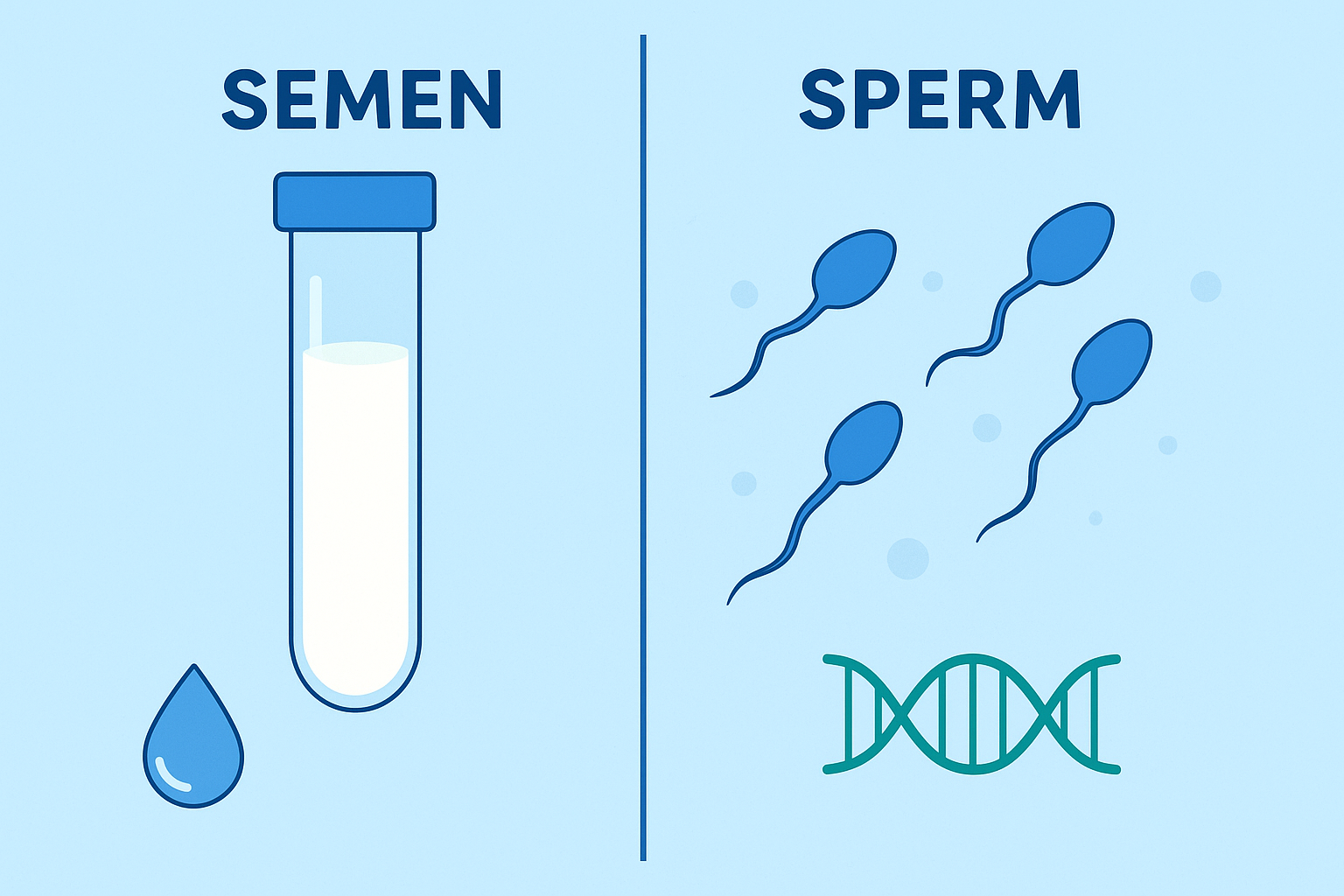If you have an ectopic pregnancy, you need to see a doctor very soon. In a normal pregnancy, the fertilized egg attaches to the uterus. In such condition, the egg attaches outside the uterus, most often in the fallopian tube. If not handled right away, this kind of pregnancy can’t go on naturally and can be very bad for your health. Knowing what causes ectopic pregnancy, spotting the signs early, and being aware of the treatment choices can make a big difference in the result. This page gives a full, easy-to-understand look at ectopic pregnancy, including what causes it, how to tell if you have it, how to diagnose it, and how to treat it.
What Is an Ectopic Pregnancy?
An ectopic pregnancy arises when a fertilized egg attaches and grows outside the uterus’s main cavity. In more than 95% of cases, the egg sticks to the fallopian tube, which is what happens in a tubal pregnancy. In very rare cases, though, the egg may implant in other places, like the ovary, cervix, or even the abdominal cavity. These places aren’t meant to hold a growing embryo, so the pregnancy can’t go on as normal and could turn deadly if not handled properly.
The fallopian tubes are thin and not designed to expand like the uterus. This means that the tube could break as the embryo grows. If medical help is not given right away, this can lead to serious internal bleeding, infection, and even death. That’s why it’s so important to know the early indicators of such condition. If a woman has strange symptoms early in her pregnancy, she should consult a doctor right away to rule out this deadly disease.
What Causes Ectopic Pregnancy?
There are many things that can cause an ectopic pregnancy to happen. Women can better protect themselves if they know these risk factors and how to spot them.

1. Damaged or Scarred Fallopian Tubes
Damage to the fallopian tubes is one of the most common reasons. This might happen because of pelvic inflammatory disease (PID), which is typically caused by STIs such as chlamydia or gonorrhea. These infections can leave scars and obstructions in the tubes, which can stop the fertilized egg from getting to the uterus.
2. Previous Ectopic Pregnancy
Women who have had an ectopic pregnancy before are more likely to have another one. The scarring or damage from the last ectopic pregnancy can make it more probable for the embryo to implant in the wrong spot again in future pregnancies.
3. Fertility Treatments and IVF
Many women are able to get pregnant with the help of fertility therapies like in vitro fertilization (IVF), but these procedures can slightly raise the chance of ectopic pregnancy. This is because putting embryos into the uterus might sometimes cause them to implant outside of it.
4. Smoking
Studies have revealed that smoking cigarettes can greatly raise the risk of having an ectopic pregnancy. Tobacco has compounds that can hurt the fallopian tubes and make it harder for them to transport the fertilized egg to the uterus.
5. Age and Reproductive Health Factors
Women over 35 and those who have had pelvic or abdominal surgery in the past are more likely to have an ectopic pregnancy. Having surgery on the fallopian tubes before, like tubal ligation or reversal, can also make it more likely that you will have such condition.
Symptoms of an Ectopic Pregnancy
Finding out about the signs of an ectopic pregnancy early can save your life. Some early indicators may look like those of a normal pregnancy, but some warning signs point to the possibility of an ectopic pregnancy.
Early Symptoms (Similar to Normal Pregnancy)
At initially, a woman with an ectopic pregnancy may have the same early pregnancy symptoms as someone who is pregnant, such as a missed period, sore breasts, nausea, and a positive pregnancy test. This can make it hard to find out if you have the ailment without seeing a doctor.
Warning Signs of Ectopic Pregnancy
As the pregnancy goes on outside the uterus, more worrying symptoms show up. A typical indication is a sharp, stabbing pain on one side of the pelvis or abdomen. Bleeding from the vagina, which can be minor spotting or substantial bleeding, may also happen. Some women say they have shoulder pain, which is caused by internal bleeding irritating nerves that attach to the shoulder area. If you feel dizzy, weak, or faint, it could mean you’ve lost a lot of blood and need to go to the hospital right away.
Emergency Symptoms (Seek Immediate Help!)
If the fallopian tube breaks, the symptoms are worse and can be deadly. Some important indicators are sudden, severe abdominal discomfort, excessive vaginal bleeding, extreme lightheadedness, and even shock (pale complexion, rapid heartbeat, and low blood pressure). Immediate medical help is needed to avoid complications that could be deadly.
How Is an Ectopic Pregnancy Diagnosed?
Doctors use particular tests to make sure they are right when they say someone has an ectopic pregnancy because the symptoms might be hard to tell apart. Finding out early is very important to avoid problems.
1. Blood Tests (hCG Monitoring)
During pregnancy, the body makes a hormone called human chorionic gonadotropin (hCG). In a normal pregnancy, hCG levels usually double every two days. If levels go up too slowly or go down, it could mean that you have an ectopic pregnancy.
2. Transvaginal Ultrasound
An ultrasound shows where the pregnancy is. If the hCG levels are rising but there is no gestational sac in the uterus, it is likely that the pregnancy is ectopic. A transvaginal ultrasound gives the sharpest pictures in the first few months of pregnancy.
3. Pelvic Exam
During a pelvic exam, a doctor may look for pain, strange lumps, or evidence of bleeding inside the body. This isn’t a sure thing, but it can assist in pointing the way for more tests.
4. Laparoscopy (In Some Cases)
If the diagnosis is still not clear, a less invasive surgery termed laparoscopy may be done. A small cut in the abdomen lets a thin, illuminated camera see the reproductive organs directly.
Also Read: Importance Of AMH For Pregnancy
Treatment Options for Ectopic Pregnancy
Because an ectopic pregnancy can’t survive and is very dangerous, treatment focuses on safely ending the pregnancy while keeping the woman’s ability to get pregnant in the future.
1. Medication (Methotrexate)
If caught early enough, methotrexate can stop the embryo from growing and let the body digest it naturally. This keeps you from having to have surgery, but you need to keep a tight eye on things to make sure they work.
2. Surgery (Laparoscopy or Laparotomy)
If the fallopian tube has broken or the pregnancy is far along, surgery is needed. Laparoscopic surgery takes out the pregnancy but leaves the tube in place. In very bad cases, an open surgery called a laparotomy may be necessary to stop the bleeding.
3. Expectant Management (Rare Cases)
In extremely early ectopic pregnancies with low hCG levels, doctors may keep a close eye on the pregnancy to see if the body ends it on its own. This method is only used on people who are stable and don’t have any serious symptoms.
Can You Prevent Ectopic Pregnancy?
Not all ectopic pregnancies can be stopped; however, lowering risk factors can assist. To minimize the chances, you should practice safe sex to avoid STIs, quit smoking, and get treatment for pelvic infections as soon as possible. Women who have had an ectopic pregnancy in the past should talk to a doctor before trying to get pregnant again.
Conclusion
If you have an ectopic pregnancy, you need to see a doctor very soon. Knowing what causes ectopic pregnancy, how to spot its signs, and what treatment options are available can save lives. If you have unusual pain or bleeding in the first few weeks of pregnancy, call your doctor right away. Early diagnosis and treatment lead to better results and help keep fertility safe in the future. Stay cautious, stay educated, and always talk to a doctor if you have any questions.





[…] Also Read: Learn About Ectopic Pregnancy […]
[…] Also read: Ectopic Pregnancy Warning Signs You Should NEVER Ignore […]
[…] Warning Signs Of Ectopic Pregnancy […]
[…] Also read: Warning Signs of Ectopic Pregnancy That You Should Never Ignore […]
[…] may indicate dangerous disorders such as ovarian cyst rupture or torsion, appendicitis, or ectopic pregnancy. This combo necessitates prompt medical […]
[…] fallopian tube removal was most often performed to address immediate health issues such as ectopic pregnancy. In this condition, a fertilized egg implants and grows outside the uterine cavity, most commonly […]